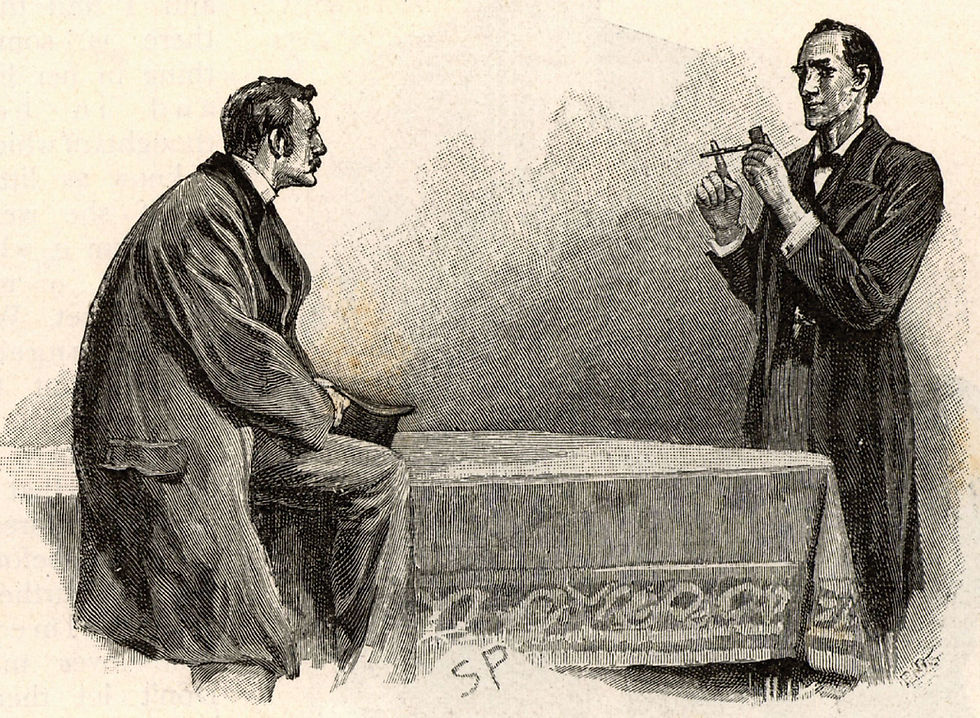My thesis advisor wrote for The Atlantic. He wasn't anything special as a writer. He wasn't a good person, either.
- May 18, 2025
- 3 min read
Sunday 5/18/25
The following is an exchange between myself and a professor/writer after they saw the entry yesterday about the emails I received from an MFA writer. The notes are presented in reverse chronology, as one sees in email chains.
//////
I think, so, yes, but I also think they go there for no reason at all. They live a sheltered life, they come from money--often--and it's just pro forma, if you will. They are apathetic. They didn't love to read. This is what's expected of them, or what they feel is. It isn't purpose, or commitment, or even caring a whit. Then, it's community (toxic mean girls/lock-the-arms style), pettiness, gatekeeping, ego, managing the insecurity, extracting revenge from the more capable and--especially--the more legit.
They are around other people just like them, and they become more like each other every day. It's almost like someone who kills animals getting into the vet business because they come from a line of vets. They don't care if that dog dies or it dies because of them.
Everything here is done for all of the wrong reasons. Whether that's with Sy Safransky at The Sun, a literary journal like Image, this dumb woman, the Guggenheim, Deborah Treisman and The New Yorker's fiction section, the MacArthur genius grant, the Pulitzer Prize, and everyone and everything in between.
My thesis advisor wrote for The Atlantic. He wasn't anything special as a writer. He wasn't a good person, either. He was envious of me. I learned years later that he recommended every student with whom he worked at various magazines. He also wrote for Fanfare, the classical music magazine. He never mentioned me to anyone.
When I later wrote for the classical music magazine Fanfare--this is early on in my career--I mentioned this guy to the editor, and the editor was like, "That's funny, he never said anything about you. I didn't know you knew each other." This guy was eventually dropped from Fanfare because he wrote this piece about C.P.E. Bach and made what the editor thought were extreme claims--think of how marginal all of this is--and wouldn't back down or tweak. (Fanfare paid you $2 a piece, by the way.)
Anyway, when I asked this guy--my thesis advisor--how he came to write for The Atlantic, he said, "Oh, you know, you just kind of fall into it." And if you understand these people and their world at all--this is back in the late 1990s, and it's so much worse now--you know what that means. He knew people. They hooked him up. But you ready for the kicker? His daughter--Erica Youngren--worked at The New Yorker at the time. He never divulged this information to me.
//////
My God can it get worse?
So many who get MFA degrees arrive in the program expecting to be discovered because some friend told them their writing was exceptional. When that doesn’t happen they look to “reinvent themselves.” Code words for failure. I know from editing (blank) for several years that there are hordes of these disappointed people. I have been attacked by some of them when I did not choose their story. When they fail to get published they “network.” Talent and product mean less all the time but who you know, who you flatter or suck up to does count. Tragic.





Comments